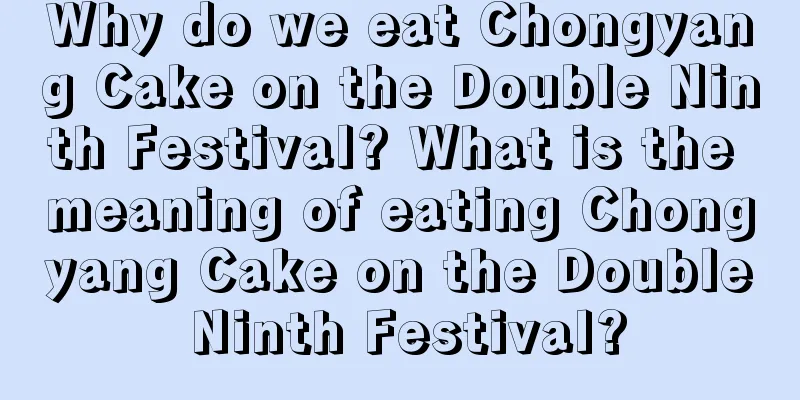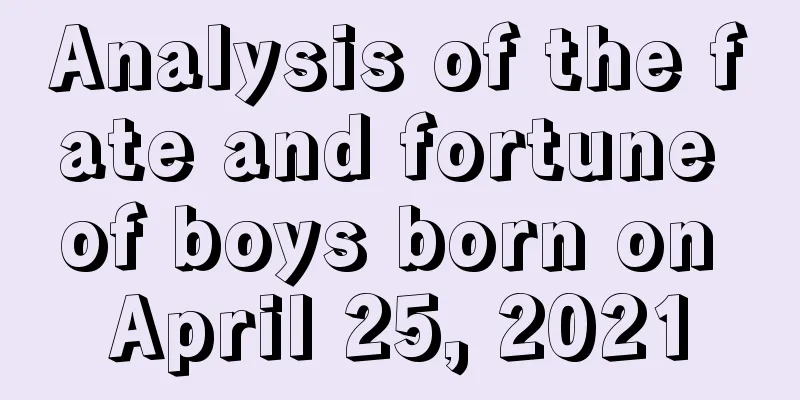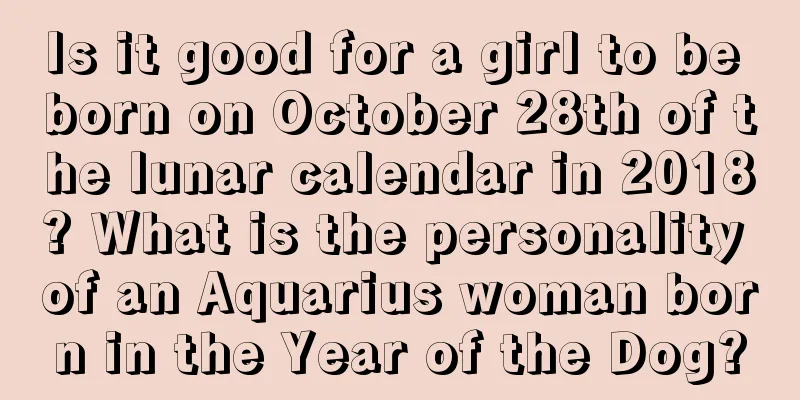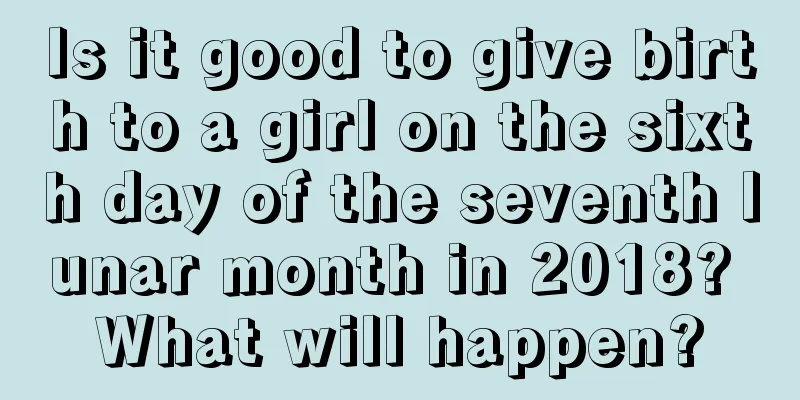Why do we eat Chongyang Cake on the Double Ninth Festival? What is the meaning of eating Chongyang Cake on the Double Ninth Festival?

Introduction: The Double Ninth Festival is an important traditional festival, and there are many customs for this festival. So why do we eat Double Ninth Cake on this festival? What is the meaning of eating Double Ninth Cake on this festival? It is the last month of autumn. As we are about to enter winter, Mr. Shui Mo has brought you some relevant content for September of the lunar calendar in 2018. You can take a look at it.Why do we eat Chongyang Cake on the Double Ninth Festival? What is the meaning of eating Chongyang Cake on the Double Ninth Festival?Dry food distributed to soldiers <br /> There is a theory that the origin of Chongyang Cake is very early. Volume 9 of "Book of Southern Qi" says that before Liu Yu usurped the Jin Dynasty, he celebrated the Double Ninth Festival in Pengcheng one year. On a whim, he rode his horse up to Xiang Yu's Ximatai. After he ascended the throne, he designated September 9th of each year as a day for horse riding, archery and military review. It is said that the Chongyang Cake that became popular later was the dry food distributed to the soldiers at that time.Steamed cakes are given as a reward to those who bring good news . Another legend is spread near Shaanxi. It is said that Kang Hai, the number one scholar in the Ming Dynasty, was from Wugong, Shaanxi. After he took part in the provincial examination in mid-August, he fell ill in Chang'an. After the imperial edict was issued in August to announce the results, a messenger rushed to Wugong to deliver the good news, but Kang Hai had not yet returned home. Since no one at home gave him any reward, the messenger refused to leave and insisted on waiting until Kang Hai came back. When Kang Hai recovered from his illness and returned home, it was already the Double Ninth Festival. Only then did he send the messenger away, gave him a reward, and steamed a pot of cakes for him as dry food for his return journey. I steamed some more cakes and distributed them to my neighbors. Because this cake was used to celebrate Kang Hai's success in becoming the top scholar in the imperial examination, families with children in school would later steam and distribute the cake on the Double Ninth Festival to seek a good omen. The custom of eating cakes on the Double Ninth Festival spread like this. Historical evolutionThe Double Ninth Festival has a history of more than 2,000 years. The origin of the Double Ninth Festival can be traced back to the Spring and Autumn Period and the Warring States Period. During the Warring States Period, Double Ninth Festival was already taken seriously by people, but it was only an activity held in the imperial palace. During the Han Dynasty, the custom of celebrating the Double Ninth Festival gradually became popular. According to legend, Lady Qi, the concubine of Emperor Gaozu of Han, was murdered by Empress Lu, and her predecessor, Lady Jia, was expelled from the palace and married to a poor man. Jia brought the Double Ninth Festival activities to the people. Jia said to others: In the imperial palace, on the ninth day of the ninth lunar month every year, people wear dogwood, eat rice dumplings, and drink chrysanthemum wine in order to pray for longevity. From then on, the custom of Double Ninth Festival spread among the people. The name "Double Ninth Festival" was first recorded in the Three Kingdoms period. According to Cao Pi's "Letter to Zhong Yao on the Ninth Day", "Years go by and months come, and suddenly it is the ninth day of the ninth month again. Nine is a yang number, and the sun and the moon correspond to each other, so people praise its name and think it is suitable for longevity, so they hold banquets and parties on this day." The Jin Dynasty literati Tao Yuanming said in the preface to the poem "Leisure on the Ninth Day": "I am at leisure, and I love the name of Double Ninth. The garden is full of autumn chrysanthemums, but I have no wine to drink. I am only wearing the clothes of the Ninth Day in vain, and express my feelings through words." Chrysanthemums and wine are mentioned here at the same time. During the Wei and Jin Dynasties, there was a custom of appreciating chrysanthemums and drinking wine. It was not until the Tang Dynasty that the Double Ninth Festival was designated as an official festival. From then on, the court and the people celebrated the Double Ninth Festival together and held various activities during the festival. In the Song Dynasty, the Double Ninth Festival became even more lively. "Dongjing Menghualu" once recorded the grand occasion of the Double Ninth Festival in the Northern Song Dynasty. "Old Things in Wulin" also records that the Southern Song court "prepared for the Double Ninth Festival on the eighth day" in preparation for a grand entertainment the next day. In the Ming Dynasty, the eunuchs and concubines in the imperial palace would start eating flower cakes together to celebrate from the first day of the new year. On the ninth day of the ninth month, the emperor would personally go to Wansui Mountain to climb the mountain and enjoy the view to express his autumn mood. |
>>: Is the first day of September in the lunar calendar in 2018 a suitable date for funerals?
Recommend
What is the auspicious time on the 29th day of the 10th lunar month in 2018?
Shui Mo Xiansheng website has carefully compiled ...
Will the baby rat born on the Mid-Autumn Festival in 2020 be unlucky for his parents? Will it rain on the Mid-Autumn Festival?
Introduction: New life is born every day, and the ...
What zodiac sign is a child born on August 26, 2017 in the lunar calendar? Good life?
Introduction: Everyone has not only a correspondin...
How about October 23rd of the lunar calendar in 2021? Is it a good day to start work?
The tenth month of the lunar calendar is early win...
Is June 22, 2022 in the lunar calendar an auspicious day? Is it suitable for door installation?
The sixth month in the lunar calendar is the month...
Can I place my bed on the 12th day of the leap April in 2020? Check the lucky position of the God of Wealth on June 3rd!
Introduction: It is also necessary to choose an au...
Will it still be cold after the beginning of summer? Has the weather turned warmer?
The Beginning of Summer represents the arrival of ...
Is Christmas Eve, November 21, 2021, an auspicious day? Can I have a caesarean section today?
As the eleventh month of the lunar calendar arrive...
Query the auspicious and unlucky time of the 14th hour of August 2017, and the auspicious and unlucky time of the 14th hour
August always brings people the sweet scent of os...
Is it a good idea to get married on the 15th day of the seventh lunar month in 2017? Can I get engaged and get a marriage certificate?
1. What day is the 15th day of the seventh lunar ...
Those born on July 25, 2020 in the lunar calendar are Virgos? What is the personality of Virgo?
Speaking of Virgo, I believe everyone is familiar ...
What gifts to give for Christmas? Recommended Christmas gifts for 2019
Giving gifts on Christmas is actually a very commo...
2018 Lunar New Year 29th Auspicious Time, Good and Bad Hours
1. What day is the 29th day of the first lunar mo...
Is it good to get pregnant during the Great Heat? When is the best time of the year to get pregnant?
Introduction: Pregnancy is a long and difficult pr...
Is the eighth day of the first lunar month in 2018 a suitable date for traveling?
Introduction: The eighth day of the first lunar mo...









